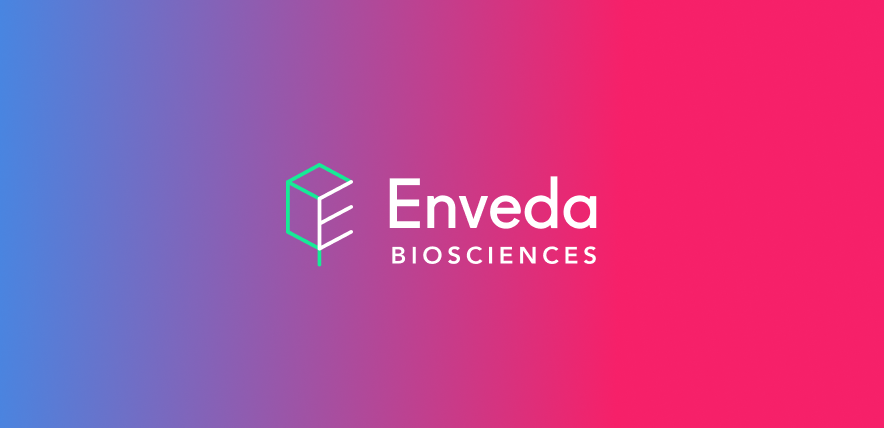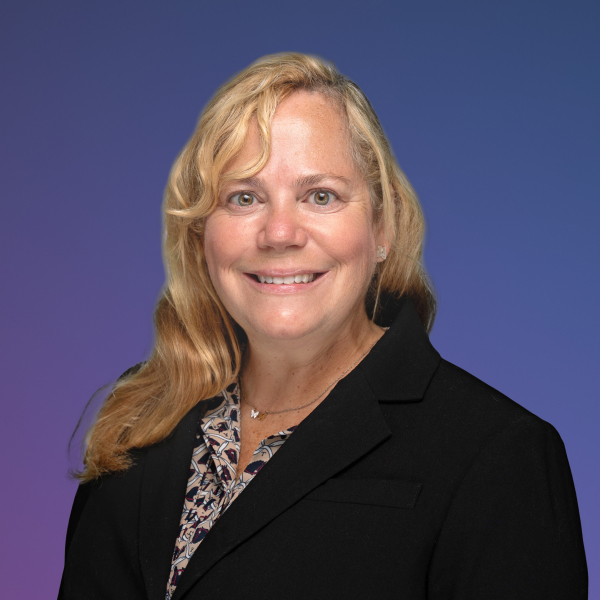Enveda Biosciences’ SVP of Legal on the benefits of bringing IP in house
July 30, 2024 | 4 min readAfter several years as a law firm IP attorney, Jason Tejani took his first in-house role when he joined Enveda Biosciences in 2022, a move that’s been highly impactful for both leader and company. As IP teams continue to take back work from outside counsel, Jason’s transition illustrates some of the benefits of this trend: IP that’s more holistic and more informed by science and business.
Systematically applying technology to nature to discover new medicines
Half of all FDA approved medicines are derived from natural chemistries, but only around 1% of all natural chemistries have been discovered. To Jason, Enveda’s Sr. VP of Legal, this gap presents a enveda-biosciences’-svp-of-legal-on-the-benefits-of-bringing-ip-in-housesignificant opportunity to develop technologies that can help create extraordinary drugs with uniquely competitive profiles.
Startup Enveda is built on the hypothesis that the greatest opportunity for new medicines comes from the 99% of natural chemistries that are still unknown. On top of being a traditional biotech company that turns promising compounds into medicine, Enveda is also a platform company that uses machine learning and metabolomics (the study of small molecules within cells, tissues, and organisms to understand their processes and health) to discover new compounds from biomaterials like plant mass.
Jason sums it up this way: “Why do we do drug discovery in a way that throws darts all around the board to see if we can hit something? If we already know that half of all FDA approved drugs are derived from natural product chemistry, let’s make a platform that identifies drugs in nature.”
Enveda is the perfect fit for a self-proclaimed “weirdo” like Jason — someone who was a chemist before he went to law school, is a PhD candidate in bioinformatics (the discipline of applying software and analysis to biology), and loves science but doesn’t want to “practice” on the lab bench. Joining Enveda not only marked his transition from law firm to in-house, but a transition for Enveda too: from being heavily reliant on outside counsel like most early-stage startups to its IP being closer to Enveda’s scientists, market, and business.
Bringing enthusiasm and non-siloed thinking to inventor relationships
As part of Enveda, Jason attends its scientists’ weekly meetings. He also gets to see how their programs evolve over time. Through these experiences, Jason is able to layer his scientists’ perspectives into Enveda’s IP in a way that can be challenging for outside counsel to match without such access.
Jason’s advice for building relationships with scientists starts with showing sincere excitement over what they’re doing. Says Jason, “It might seem obvious, but I’ve noticed in my career that the more excited about the technology I am, the easier it is for inventors to disclose their inventions. They may spend months or years on the same project. So when they see someone on the outside being interested, it’s refreshing.”
It’s clear that Jason appreciates his direct collaboration with scientists instead of “only observing and waiting for someone to reach out.” Says Jason, “The legal team sees itself as service providers who are just another part of the team rather than gatekeepers. We don’t want people to think, ‘Oh gosh, we have to ask legal, and they’re just going to say no.’” To combat this perception, Jason’s team works to be available to its scientists and is hands-on with problem solving in a way that doesn’t necessarily have to do with the law. Jason elaborates, “I really avoid saying that something will not work. Instead, I try to get us thinking and talking about some other way to achieve our goals. That’s really allowed us to get creative with our ideas, guidance, and support, sometimes in ways that provide more than just the law.”
Developing a long view for the business based on market and potential opportunities
In his role, Jason is proactive about following Enveda’s broader market — the papers, its competitors, their therapeutics, the emerging technology in the space, and the quickly-changing trends. Paying attention to the market helps Jason think about where Enveda might be in a couple years, which informs the strategy he uses to plan for its IP filings. “The understanding I gain is very different than when you’re outside counsel and you’re just taking the information your client gives you,” he remarks.
To Jason, examples of relevant market events include a particular competitor having a patent cliff and going off-patent next year or the progress of certain therapeutics in the clinical space. These events influence how Jason thinks of Enveda’s existing assets, what his business development colleagues think will be most attractive to partners, and how IP can be leveraged to optimize for the current and future market opportunities. Jason says that it’s been fascinating to have exposure to these different IP acquisition, maintenance, or expansion opportunities and to see just how much IP can affect business development decisions across Enveda’s work with investors, partners, and collaborators.
Jason’s integration with Enveda’s science, business, and team lets him take a holistic approach to maintaining its competitiveness, which he believes is especially important at a startup that has a variety of dynamic moving parts. As Jason describes this thinking, “Patents aren’t the only tool in the toolbox. Being rigid about the typical IP workflow limits optionality and isn’t going to be the best thing for the company. Whether it’s agreements for maintaining confidentiality or strategic relationships, trade secrets, or trademarks, we look at all our tools every day.” On the back of Enveda leadership’s existing openness to this strategy, Jason has formalized it into a program and built it into the company’s culture.
Jason’s experience at Enveda shows us that bringing IP work back in-house isn’t just about cost cutting. IP sitting closer to business decisions, the competitive landscape, and scientists’ day to day makes for better relationships and an IP strategy that’s richer, stronger, more forward-looking, and more flexible.



